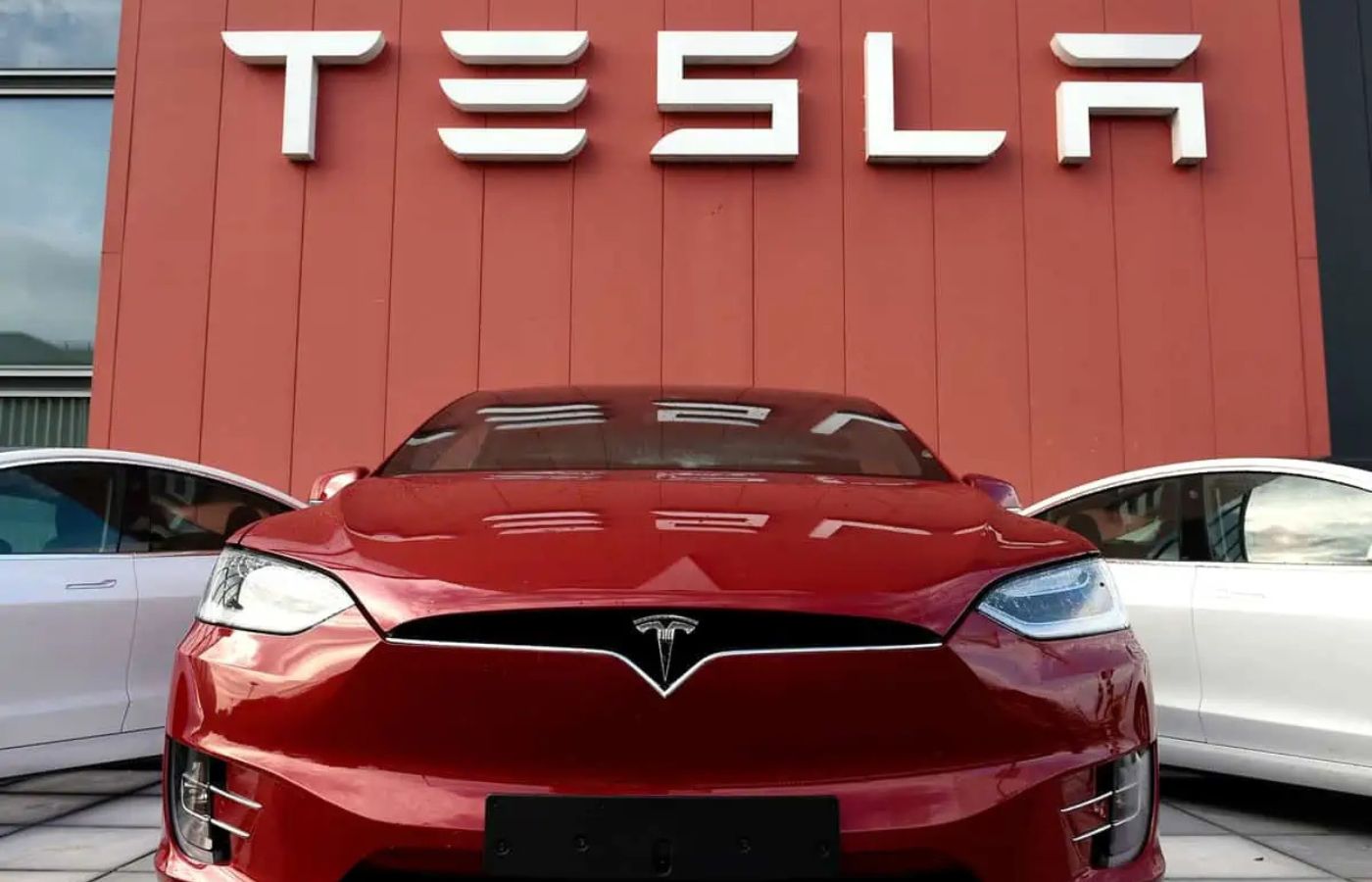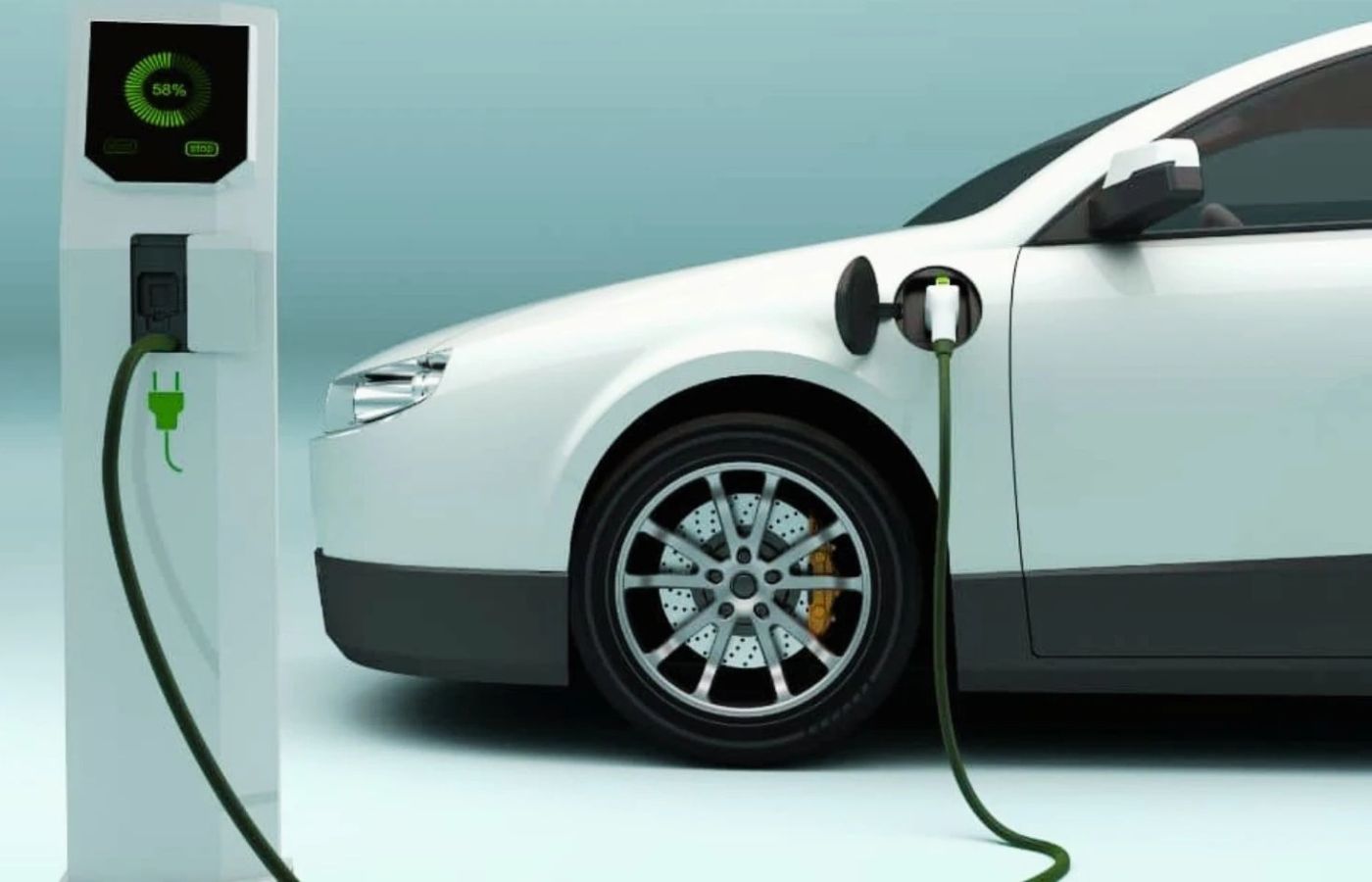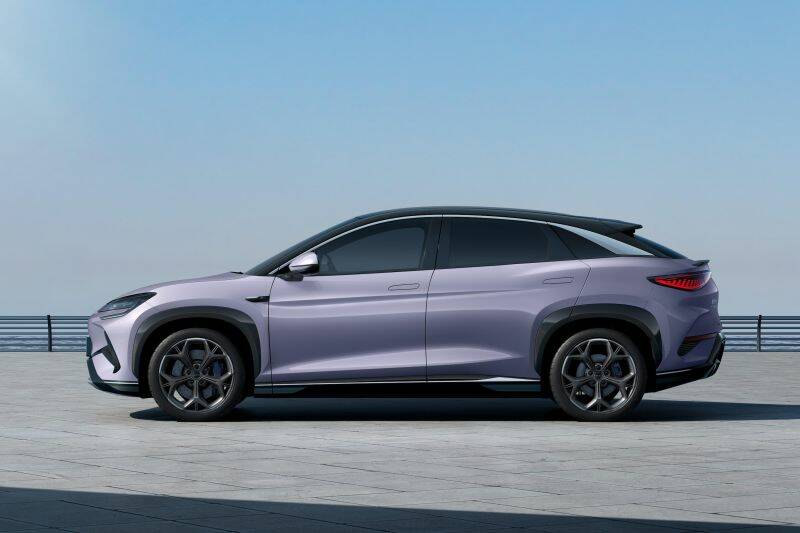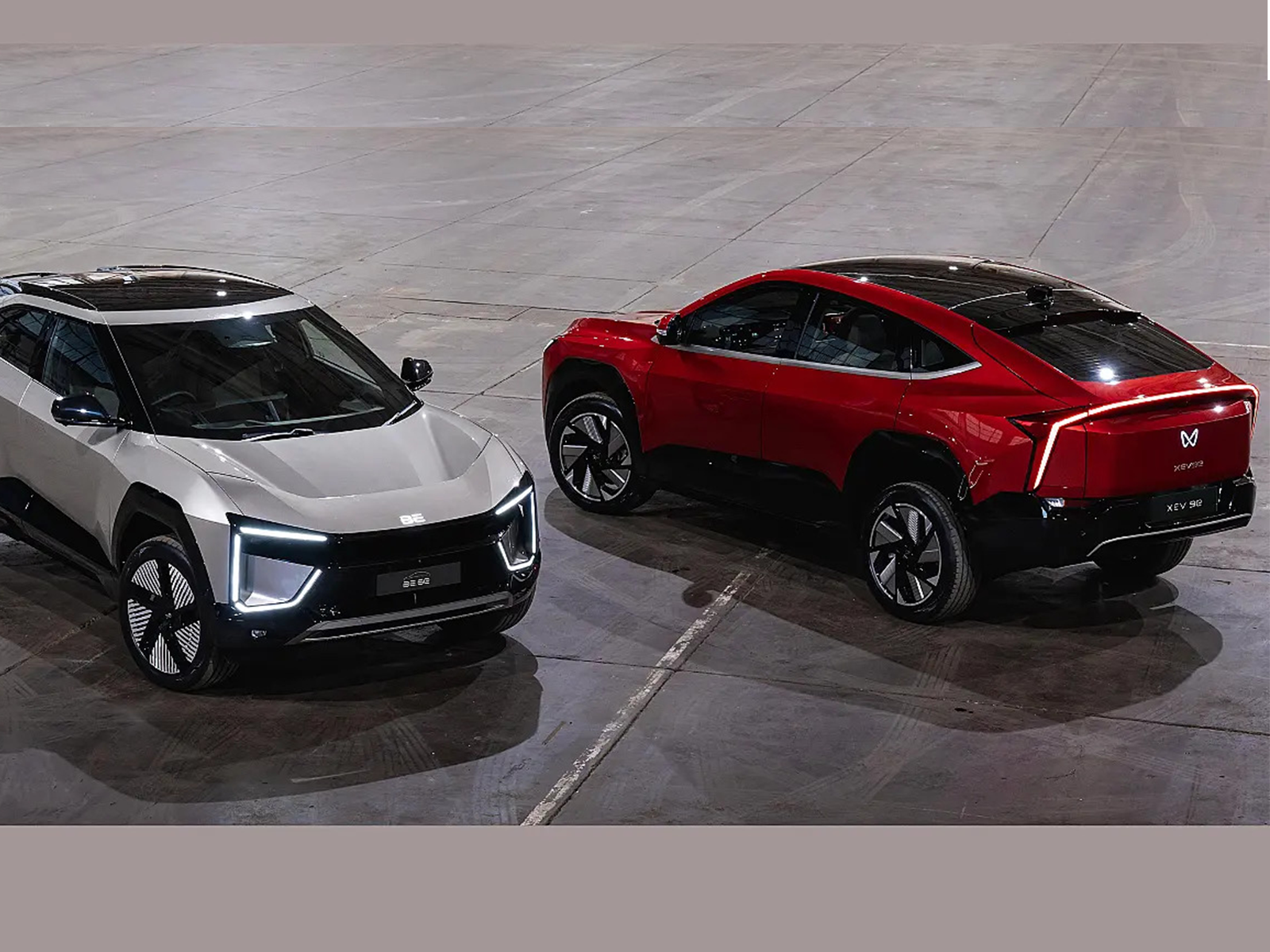India's EV incentive initiative: Strict requirements could discourage foreign investment

India is soon revealing an all-new premium EV policy specifically for big auto players to manufacture their cars locally within the country. The BJP government will soon draft applications under this new EV policy that was first introduced in March last year.
Impacts of New Policy
After the implementation of the new policy there could be a significant reduction of import duty to 15% on any imported electric car which is available at a price of $35,000 only if any auto manufacturer invests least amount of 41.5 billion rupees, or about $500 million for setting up a manufacturing facility in a time span of three years, then global auto companies can have a benefit of importing 8,000 cars per year at a reduced rate, thus the new policy could help in reducing the overall costs of imported cars.

However Tesla has no plans to participate in India’s EV incentive program as they are not focussing on setting up a plant in India and manufacturing locally, instead their prime objective is to look for respective dealerships in prime cities and sell imported cars.
If we talk about BYD, then this policy will not be applicable for South Asian nations, as India’s commerce minister expressed on this issue that the country needs to be aware about who it is allowing to invest.
Other companies like Vinfast have already invested heavily in India and started establishing their manufacturing facility in India, even before the implementation of the new policy.
Strict Regulations
The new EV policy set for global manufacturers has strict regulations to become applicable for 15% reduction in import duties. This policy states that there should be a minimum investment of 50 billion rupees in the fourth year and 75 billion rupees of investment in the next year.
Those not following the required amount of investment could face a penalty of 3% on the overall revenue of the company. Applications will commence from next month onwards and will extend till 15 March 2026.
However, news from various sources reveal that many automakers term these policies as rigorous and are coming to the conclusion that they won’t be able to meet the required conditions for reduction in import duties. Now only time will tell how successful the new policy is and what strategies global automakers will be implementing to meet these regulations.



.webp)
